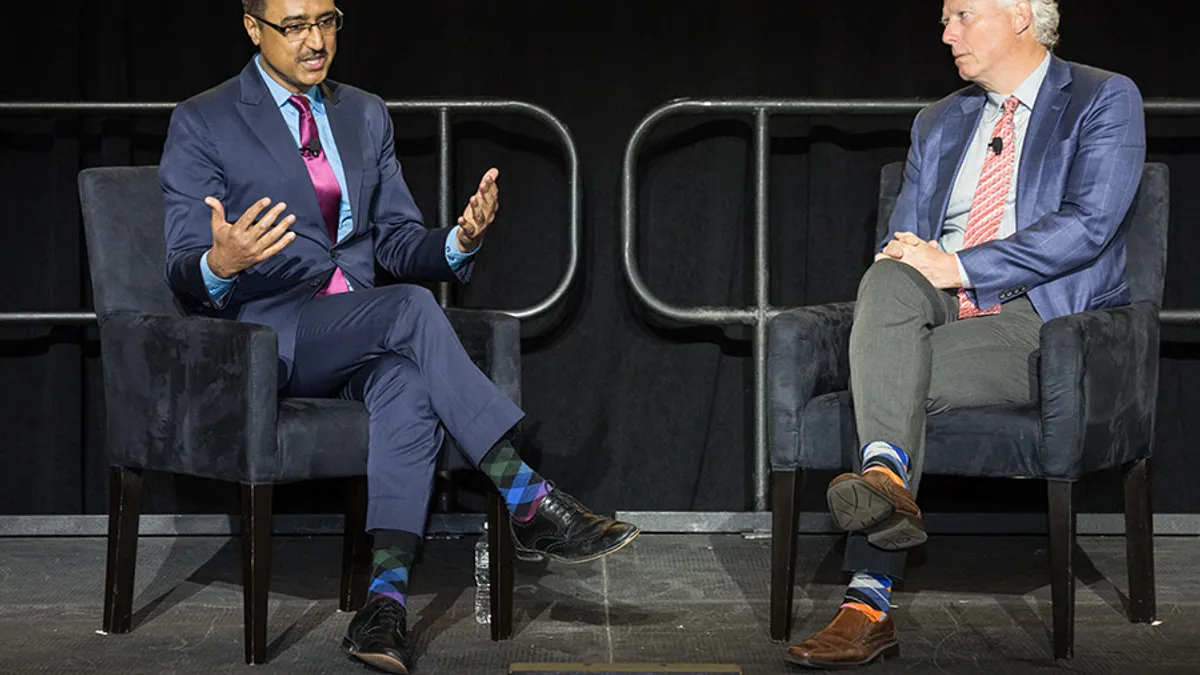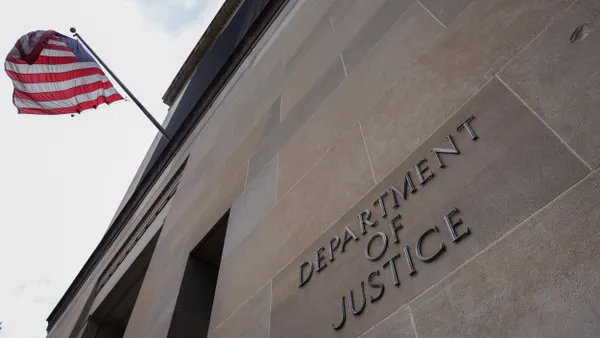Dive Brief:
- Canada’s Minister of Infrastructure and Communities Amarjeet Sohi said diversity is the country’s greatest strength, even as it moves toward more smart city projects that may not directly impact those in rural areas.
- In a keynote address on the second day of the Smart Cities New York conference, Sohi said the country’s Smart Cities Challenge is bringing together people from all sectors and walks of life to solve problems, and the projects that compete for the grand prize will have positive effects beyond the cities they are planned for.
- Sohi said the challenge means people are “sitting at the table trying to solve a problem,” and that there is plenty of “untapped potential” out there being brought into the fold.
Dive Insight:
Applications for the challenge closed last month, and Sohi said the Canadian government received more than 130 proposals that solve challenges as varied as senior services, environmental sustainability, youth homicide and suicides among indigenous peoples. And with Nokia having launched a joint program to provide more than $2 billion CAD (about $1.5 billion USD) to fund those projects and complement the contest, competition between jurisdictions will be fierce.
Sohi said in his speech that all the applications, regardless of whether they are shortlisted for a prize, will be compiled and made public so cities and communities can look at what their peers have proposed and see whether it is something they can replicate. "We want to make sure whatever ideas are supported, it’s applicable and other localities can use it to solve their problems as well," he said.
Canada appears to be looking ahead in terms of innovations, whether it be the Sidewalk Labs' smart city in Toronto, a partnership between Kingston, Ontario and Bell to employ a smart city platform, or the provincial and federal government’s investments in high-speed rail between Vancouver and Seattle and new buses in Toronto, respectively.
And Sohi said that all these partnerships must portend a changing relationship between government and the private sector, which he said must move from 'ad hoc, one-off relationships to a more sustainable, long-term approach."












